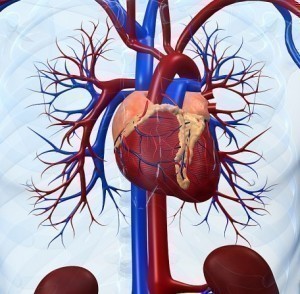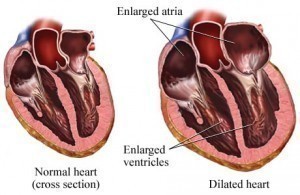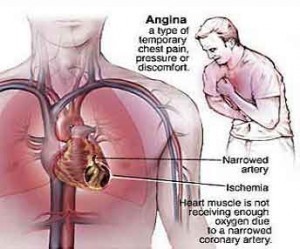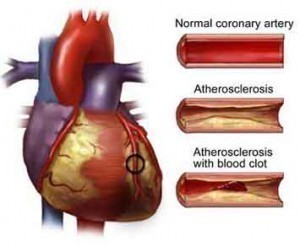Inflammatory Heart Disease
Inflammatory heart disease is caused due to the inflammation of the heart muscles and / or the tissue surrounding the heart because of an infection. The infection may stem from a bacteria or virus or from an internal irregularity. It may occur in association with rheumatic fever and kawasaki disease. The disorder may be categorized as:
- Pericarditis
- Endocarditis
- Myocarditis
Pericarditis refers to the disorder that causes an inflammation of the muscular sac that surrounds the heart (pericardium).
Endocarditis is caused due to an inflammation of the inner layer of the heart (endocardium) caused by an infection.
Myocarditis is caused due to the inflammation of the heart muscle (myocardium).
Causes
Though the exact cause is not established in all cases of valvular heart disease there are some risk factors that may increase the probability of developing the disease. Some of those risk factors are:
- Prior injury to the heart from heart surgery, trauma or heart attack
- Connective tissue disease such as sarcoidosis and rheumatoid arthritis
- Certain tumours and cancers
- Metabolic disorders most commonly hypothyroidism and uremia (kidney failure)
- Viral and bacterial infections
- An unexpected reaction to a specific kind of medication
- Risk of intravenous drug users developing the condition because of sharing possibly contaminated needles that may house the bacteria responsible for initiating the condition
- Previous damage to the heart valve
- increased susceptibility to being attacked by pathogens especially in the first year of implantation for individuals with artificial valves
- Suffering from a congenital heart defect

Symptoms
It is possible to have no symptoms in some manifestations of the disease although this is not a frequent occurrence. The symptoms of the disease may include the following:
- Sudden or unexplained weight loss
- Shortness of breath or difficulty in breathing which may be worsened with physical activity or when lying down
- Fatigue or extreme tiredness
- Fever and chills
- Tenderness below the rib cage which stems from the spleen
- Muscle and joint pain
- Visible purple or red spots in the mouth, on the skin, or on the whites of the eyes
- Areas of red tender spots just beneath the skin of the fingers
- Blood in the urine
- Heart murmurs (abnormal sounds resonating from the heart)
- A pale complexion
- Persistent coughing
- Oedema (swelling present in the feet and abdomen)
- Night sweats
Treatment
The treatment offered will depend on the type of valvular heart disease of individual patients.
Endocarditis
Treatment will generally involve the administration of antibiotics in instances where the disease has not caused too much damage. Surgery will be performed in cases where the valve has been largely impaired or when the infection persists.
Pericarditis
The primary treatment will include the administering of anti-inflammatory medications. Ibuprofen will be a likely choice because of its anti-inflammatory qualities. A narcotic pain medication may also be used in some cases. Pericardiocentesis, which involves the removal of excess fluid from the sac surrounding the heart (pericardium) is also one of the treatments provided.
Myocarditis
Treatment of myocarditis will mainly focus on treating the underlying cause and any irregularities resulting from the inflammation. It will also aim to lessen the increased stress placed on the heart as a result of the disease.






